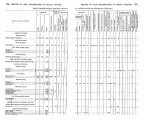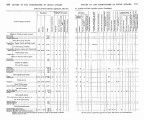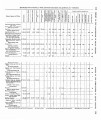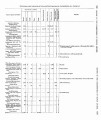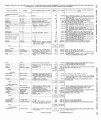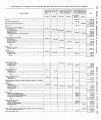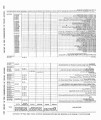| Title |
Annual Report of the Commissioner of Indian Affairs - 1874 |
| Subject |
Indians of North America; Federal government; Indian reservations; White people--Relations with Indians; Land use; Alcohol; Indians of North America-Education; Hunting; Gathering; Food; Agriculture; Water rights; Maps; Irrigation; Annuities; War; Crime; Religion; Treaties; Work; Education; Indians of North America--Education; Indigenous peoples--North America |
| Keywords |
Superintendency; Indian Agency; Reservations; Annual Report; Land Rights; Tribal Funds; Indian; White Relations; Military; Native Americans |
| Publisher |
Digitized by J. Willard Marriott Library, University of Utah |
| Tribe |
Shoshone; Ute |
| Band |
Bannock |
| Language |
eng |
| Description |
Excerpts concerning Utah from the Annual Report of the Commissioner of Indian Affairs - Courtesy of the University of Wisconsin Digital Collections. Commissioner Smith describes a "marked general improvement toward the civilization of the Indian" and provides data outlining demographic trends and agricultural performance. Agents in Wyoming and Colorado submit reports regarding the Shoshones and Utes (respectively). The Utah Indian agent discusses the number of Indians living on the reservation, the number of lands available for cultivation, the number of crops yielded, and the construction of a new school |
| Type |
Image/StillImage |
| Coverage |
Uintah and Ouray Indian Reservation (Utah); Utah; Washington (D.C.) |
| Format |
application/pdf |
| Rights |
Digital Image © 2011 America West Center. All Rights Reserved |
| ARK |
ark:/87278/s6zk8cck |
| Creator |
Commissioner of Indian Affairs; Critchlow, J.J.; Smith, E. P. |
| Date |
1874 |
| Spatial Coverage |
Uintah and Ouray Indian Reservation (Utah); Utah; Washington (D.C.) |
| Setname |
uaida_main |
| ID |
369001 |
| Reference URL |
https://collections.lib.utah.edu/ark:/87278/s6zk8cck |


























